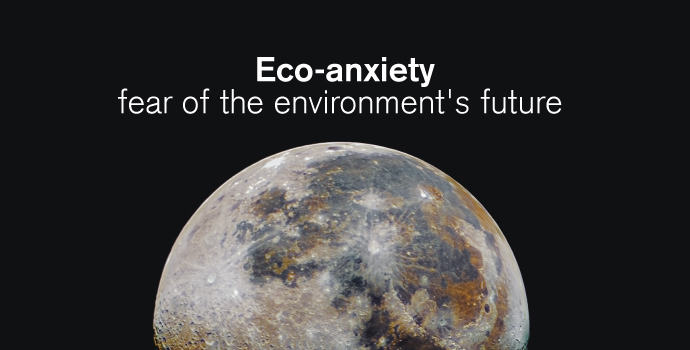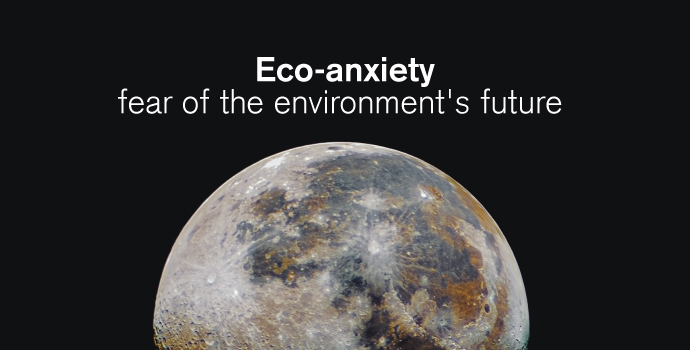
Eco-anxiety is induced by the American Psychology Association (APA) as “the chronic fear of suffering an environmental cataclysm that occurs when observing the impact of climate change generating a concern associated with the future of oneself and future generations.”
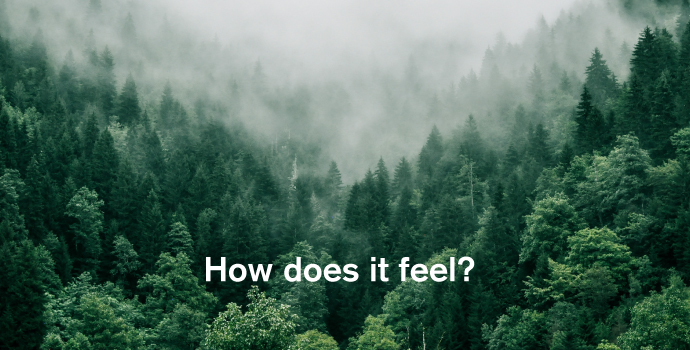
Eco-anxiety is not felt in the same way by all people. It tends to affect mainly those with more ecological awareness and also populations living in alert situations. Among the symptoms, we can mention mild anxiety, stress, sleep disorders and nervousness.
"In the Maldives, by psychotherapist Caroline Hickman, the origin of the population's anxiety was mainly related to the rise in sea level, since there is a strong possibility of it being submerged until 2100".
In the "Nordic countries, eco-anxiety is based on the uncertainty of the future and not on the immediate impact of climate change".
Climate change does not happen fast enough for our brains to activate the highlight mechanisms in some realities. So, despite being confronted with this undeniable reality, we tend to go back to our old habits and feel safe.
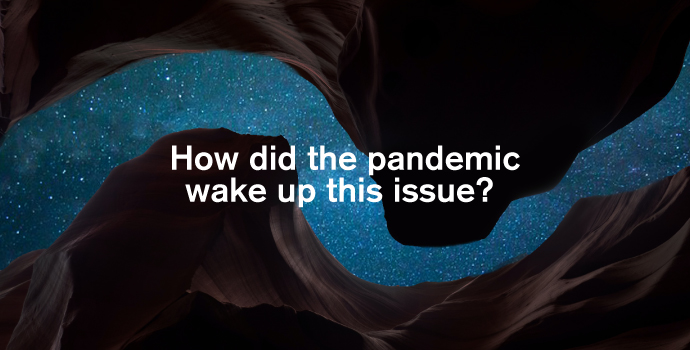
Because of the insecurity of the future, the pandemic adds to the urgency of this concept. Climate change and the fear of suffering an environmental cataclysm are some of the psychological consequences of the ecological crisis.
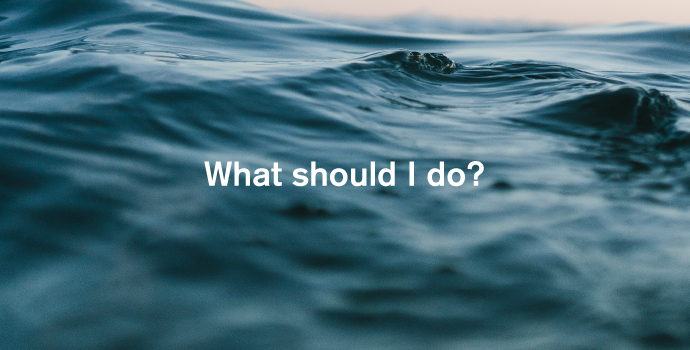
One step at a time, as changes must be gradually made so that they become a habit.
It can be reflected in what we choose to eat, buy and reuse what we already have at home. Furthermore, when we feel anxiety about the future of the environment, we can get involved with environmental associations to talk and share opinions and collect information from official sources to know what we can do for a better planet.
Thank you so much for reading our blog, and remember that sustainability is a long journey and small changes make a difference.
See you soon <3

 PT
PT
